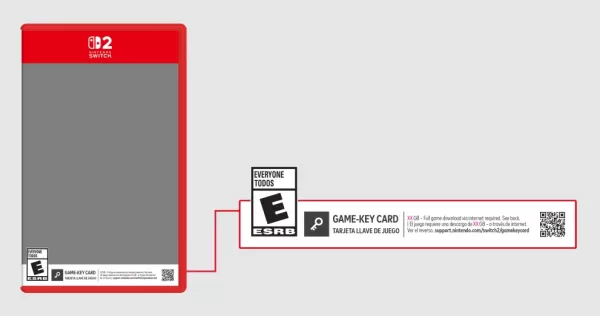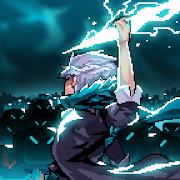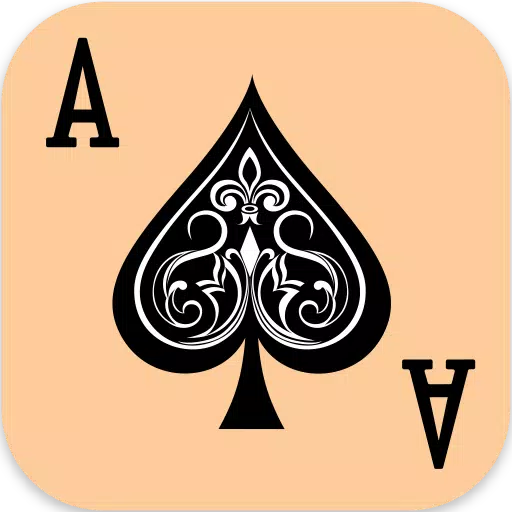In *Kingdom Come: Deliverance 2*, crime isn't just a minor hiccup—it can fundamentally alter how the world around you behaves. Whether you're caught stealing, trespassing, or even roughing up a local peasant, the consequences can be severe. Here's a comprehensive look at the crime and punishment mechanics in *Kingdom Come: Deliverance 2*.
Related: All Pre-Order Bonuses & Editions for Kingdom Come: Deliverance 2
How Crimes Work in Kingdom Come: Deliverance 2
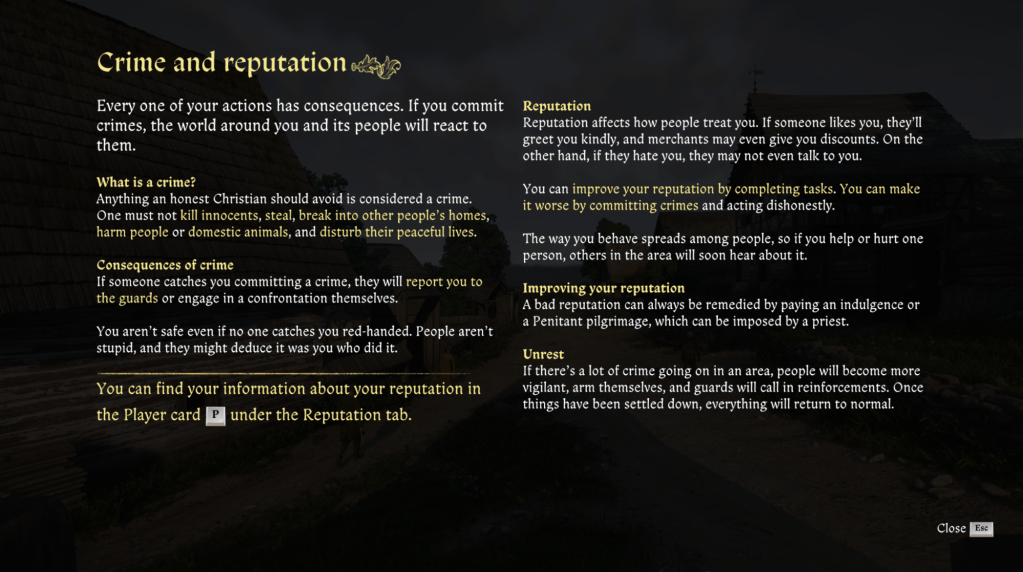 Screenshot captured by The Escapist
Screenshot captured by The Escapist
In the meticulously crafted world of KCD2, any action that disrupts the law-abiding society is considered a crime. With enhanced AI compared to its predecessor, NPCs are now more vigilant about criminal activities. Committing a crime can trigger immediate repercussions, such as getting apprehended on the spot or being pursued later.
The game recognizes the following acts as illegal:
- Murder – Taking the life of innocent NPCs.
- Theft – Pilfering from homes, shops, or unconscious NPCs.
- Lockpicking – Breaking into locked buildings or chests.
- Pickpocketing – Stealing directly from individuals.
- Assault – Attacking civilians or guards.
- Animal Cruelty – Harming domestic animals.
- Trespassing – Entering private areas without permission.
- Disrupting Order – Causing chaos in towns.
Engaging in any of these activities can result in suspicion, arrest, or worse. The reaction of guards and villagers varies based on the severity of the offense.
What Happens When You’re Caught?
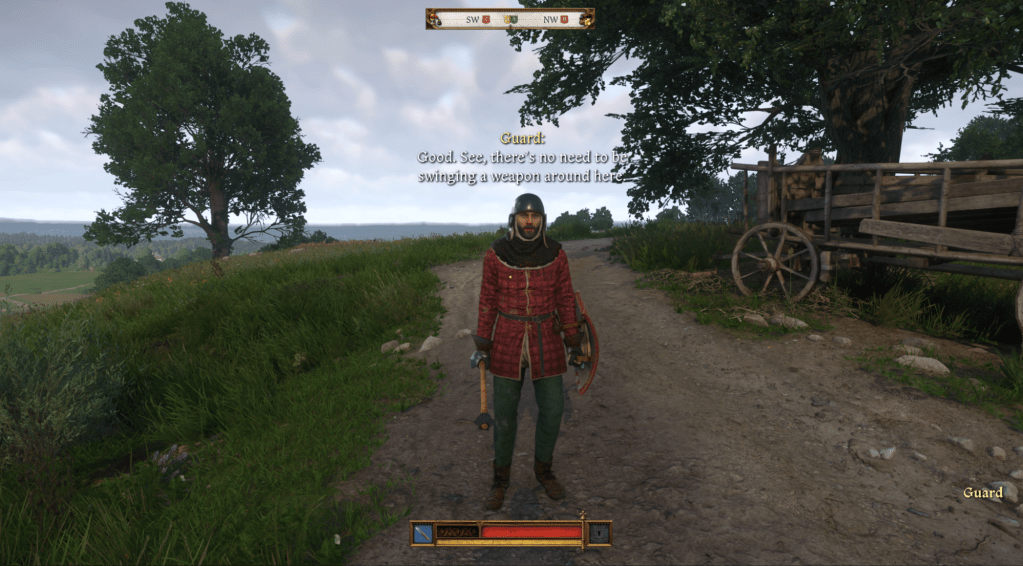 Screenshot captured by The Escapist
Screenshot captured by The Escapist
If a guard witnesses your illicit actions, you'll be reported instantly. Civilians can also alert authorities, prompting an investigation. Upon being caught, you have several options:
1. Pay the Fine
The simplest solution is to pay a fine, which varies according to the crime. Stealing might only set you back a few Groschen, but murder could lead to financial ruin or harsher penalties.
2. Talk Your Way Out
With high Speech or Charisma skills, you might persuade guards to overlook minor infractions. However, for grave offenses, sweet-talking your way out becomes significantly more challenging.
3. Run for It
Fleeing is risky but sometimes your only choice. Guards will give chase, and if you escape, you'll become a wanted man temporarily. Returning to the town later, especially without changing your appearance or bribing officials, risks recognition.
4. Accept the Punishment
If you can't pay or escape, you must face the consequences, which are determined by the nature of your crime.
How Punishments Work in Kingdom Come: Deliverance 2
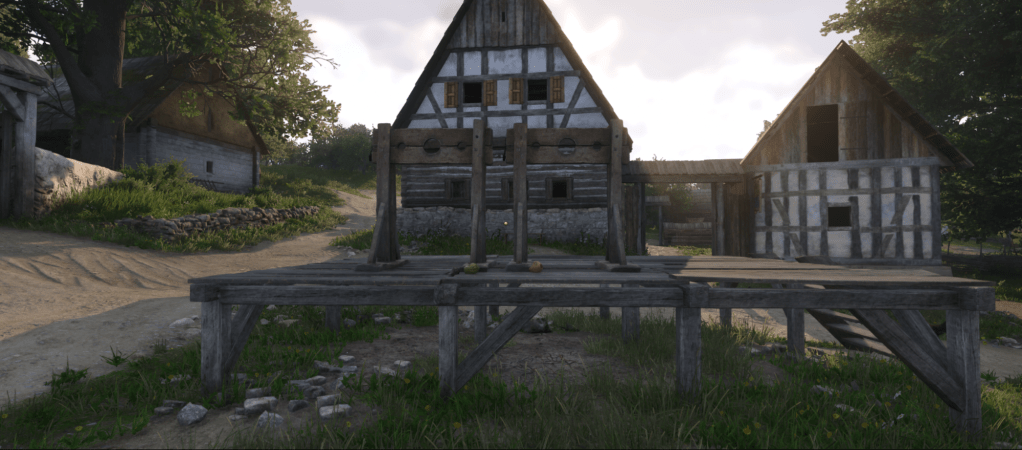 Screenshot captured by The Escapist
Screenshot captured by The Escapist
Whether your crimes were accidental or deliberate, be ready to face the repercussions. Punishments in Kingdom Come: Deliverance 2 escalate based on the severity of the offense:
1. Pillory (Public Humiliation)
Minor offenses like trespassing, reckless driving, or accidental assault might land you in the pillory for a few in-game days. This public shaming damages your reputation, leaving you open to ridicule from NPCs.
2. Caning (Physical Punishment)
For mid-tier crimes such as theft or assault, you'll receive caning. This physical punishment affects your health and stamina temporarily.
3. Branding (Permanent Criminal Status)
Reserved for repeat offenders or serious crimes like murder or significant theft, branding marks you permanently as a criminal. NPCs will treat you with suspicion, merchants may refuse to trade, and guards will scrutinize your every move.
4. Execution (Game Over)
The ultimate penalty for the gravest offenses, like multiple murders, results in your character's execution—effectively ending your game.
Related: How to Get the Best Ending in Kingdom Come Deliverance 2
How Crime Affects Your Reputation
Your reputation in KCD2 isn't just a statistic; it shapes how NPCs interact with you. Criminal activities can make townsfolk wary or hostile.
How Reputation Works
Each town and faction monitors your reputation independently. A low reputation can lead to NPCs refusing to engage in dialogue, trade, or offer quests. Conversely, a high reputation can yield discounts, additional dialogue options, and unique opportunities. Guards may search you more frequently if they suspect your criminal past. To restore a tarnished reputation, contribute to the community by performing favors, donating to the church, and settling fines. This system bears some resemblance to the Honor mechanic in Red Dead Redemption 2.
How to Avoid Getting Caught
The crime system in KCD2 is a core element of the game, and understanding it can enhance your gameplay. While committing crimes isn't morally right, in an RPG, you have the freedom to explore these paths. To minimize the risk of getting caught:
- Eliminate Witnesses – Always check your surroundings before committing a crime. If someone spots you, quickly change your disguise, perhaps by donning a hat or switching clothes.
- Commit Crimes at Night – Darkness provides cover; it's harder for NPCs to spot you at night.
- Sell Stolen Goods Wisely – Stolen items are tagged in your inventory. Avoid selling them to regular merchants to stay under the radar. Instead, deal with fences or black-market traders well away from the crime scene.
This guide covers the intricacies of crime and punishment in Kingdom Come: Deliverance 2, helping you navigate the moral and legal landscape of this immersive RPG.

 Screenshot captured by The Escapist
Screenshot captured by The Escapist Screenshot captured by The Escapist
Screenshot captured by The Escapist Screenshot captured by The Escapist
Screenshot captured by The Escapist LATEST ARTICLES
LATEST ARTICLES 